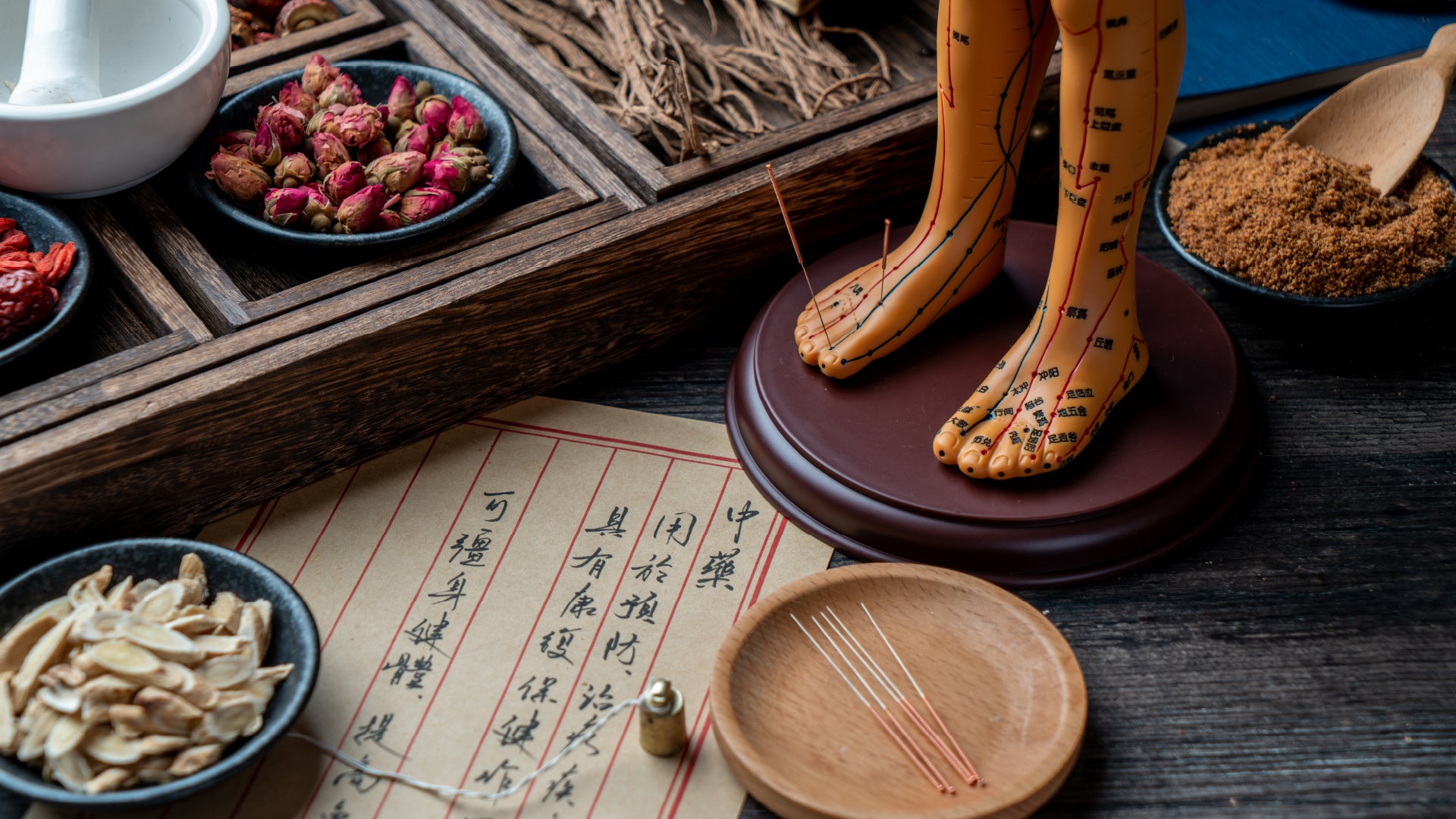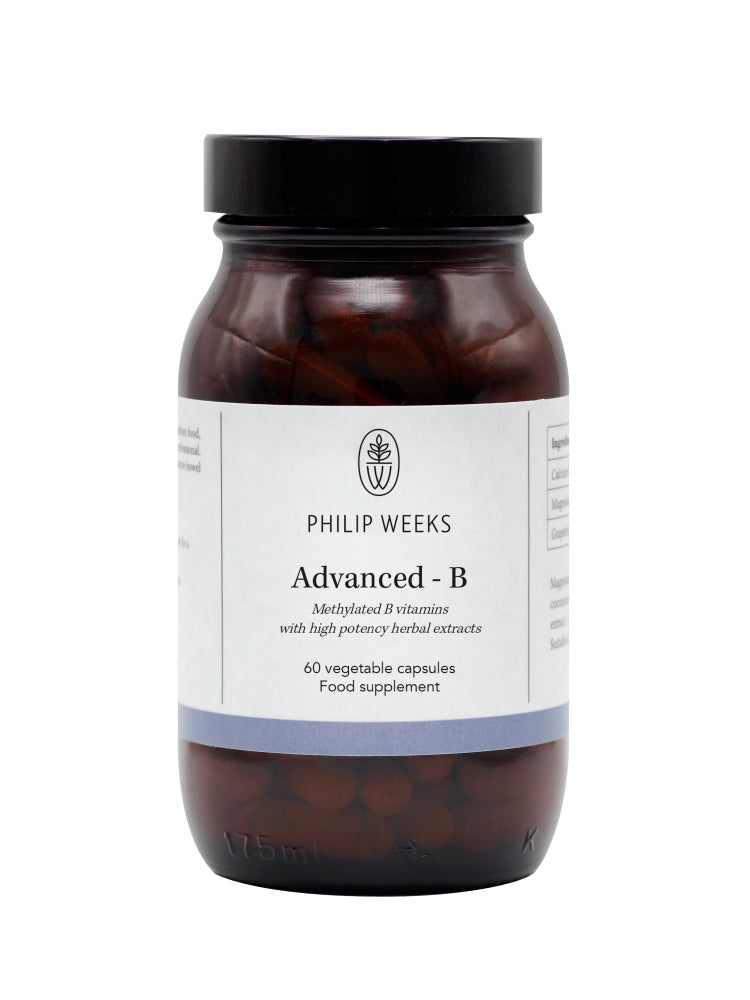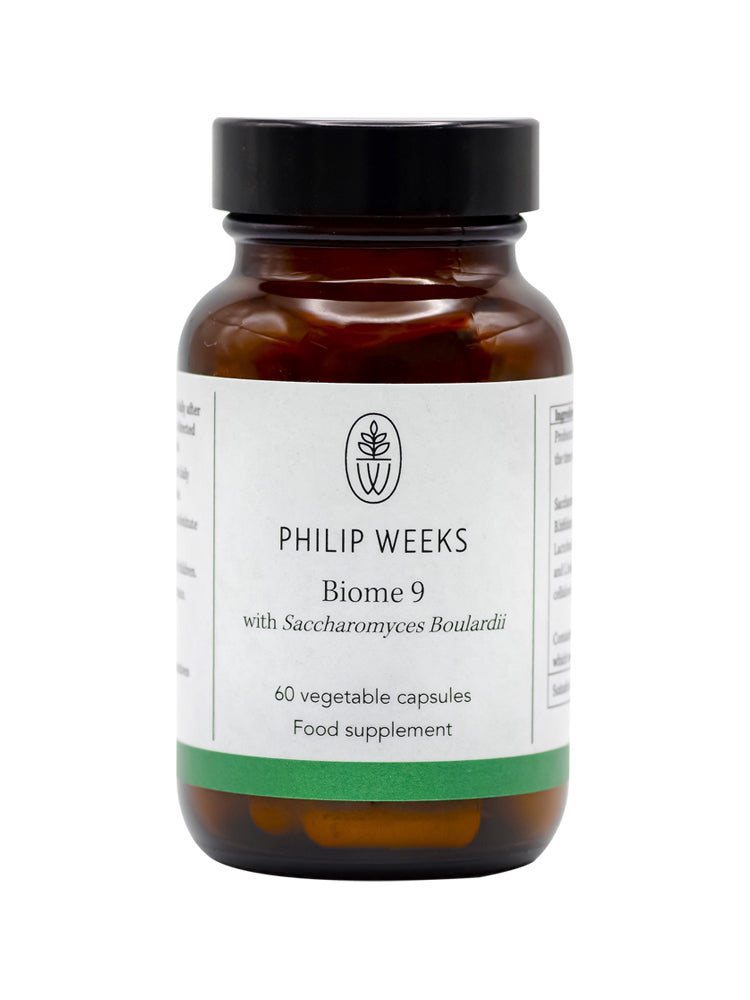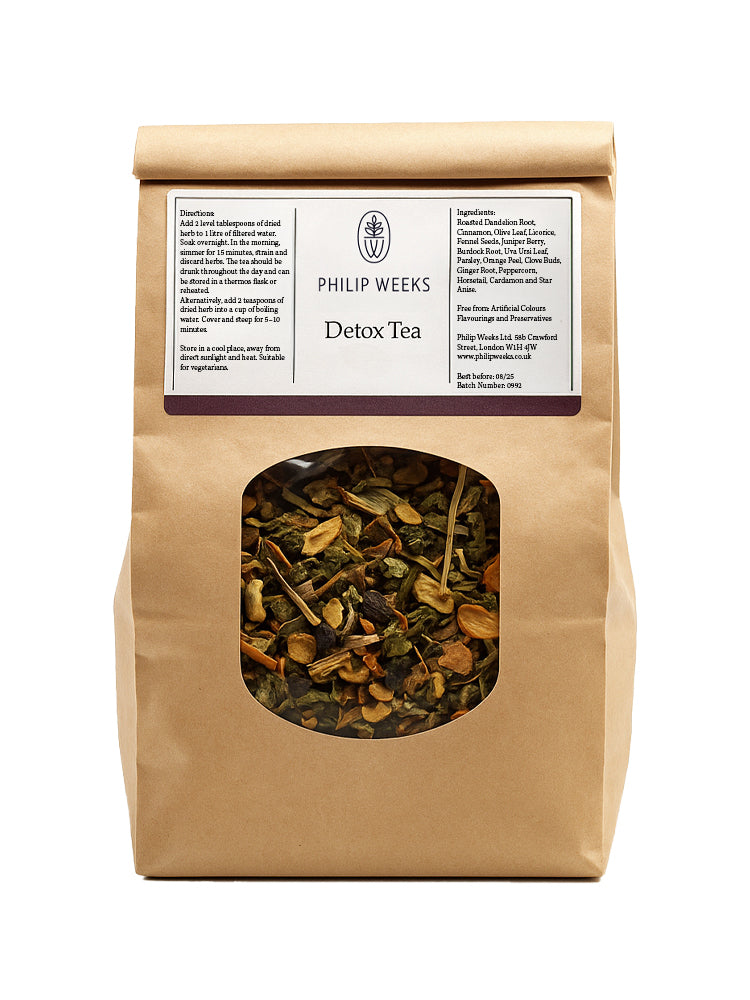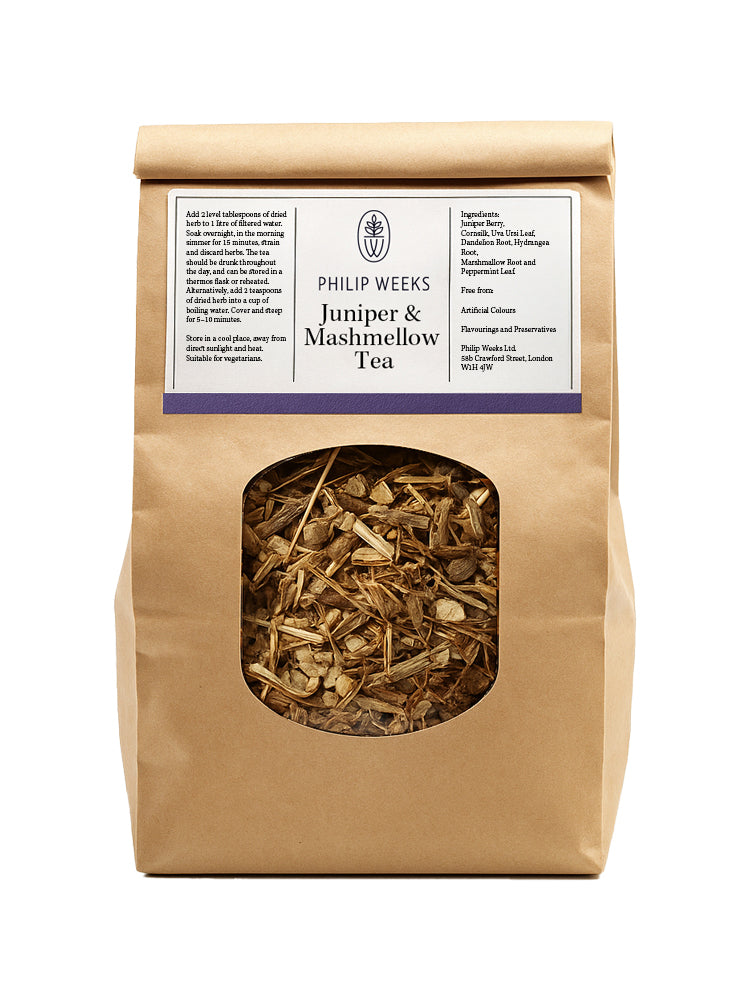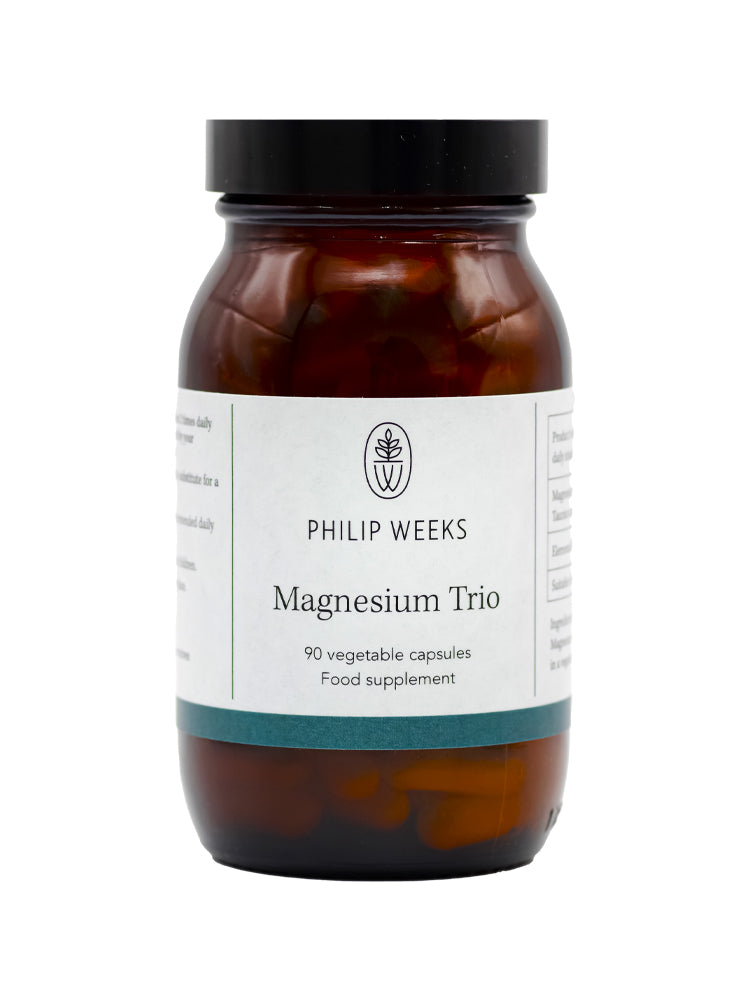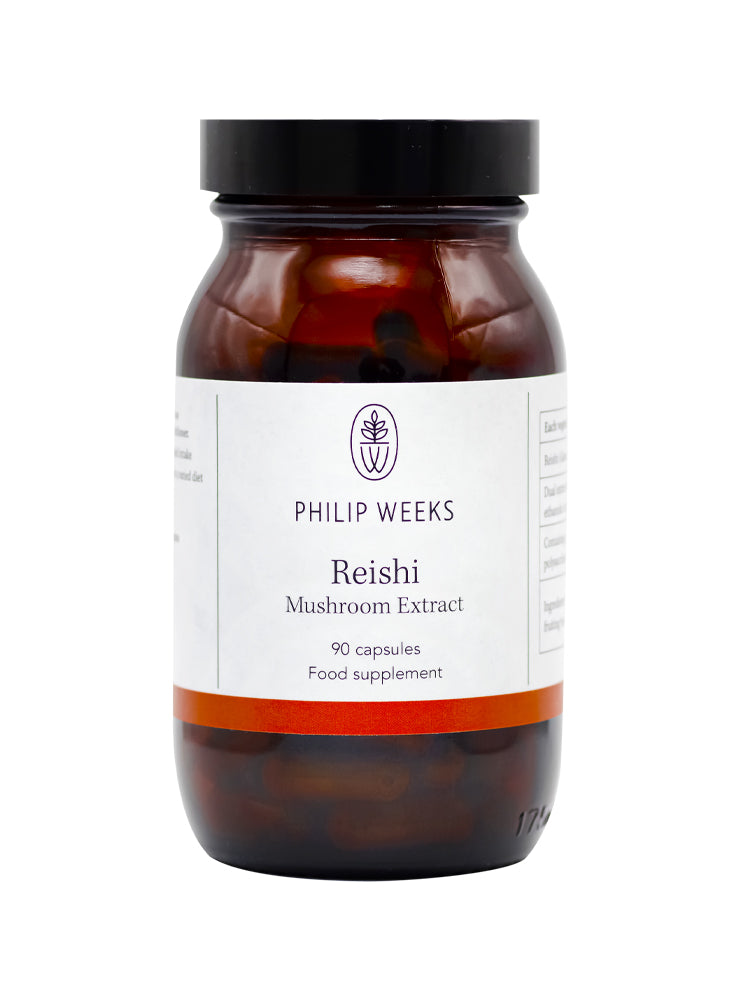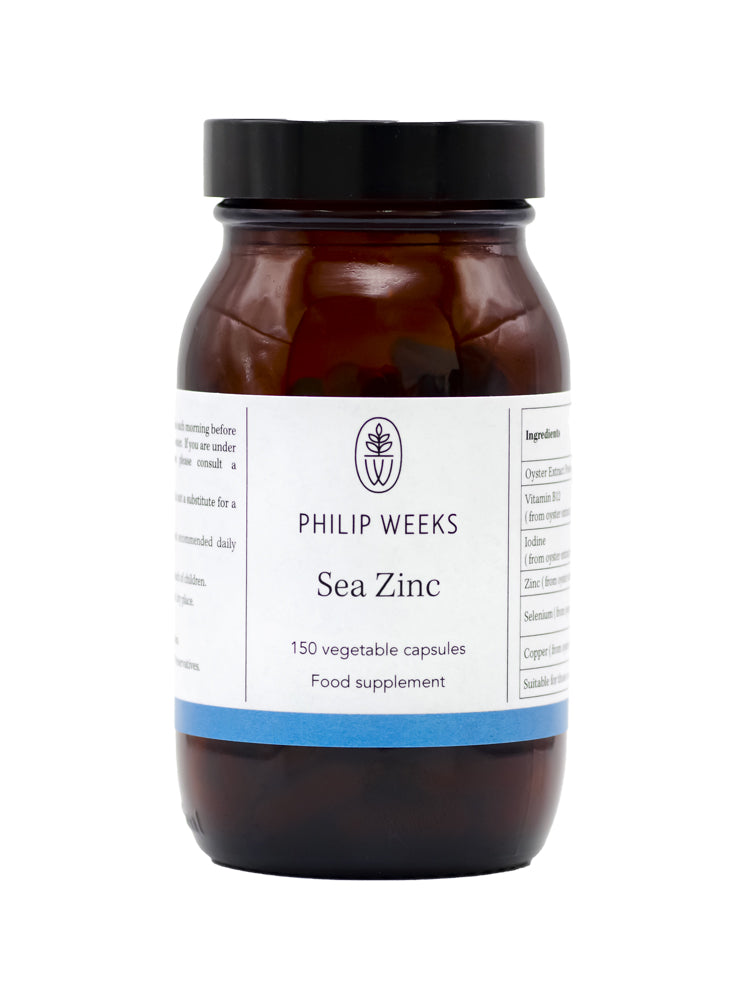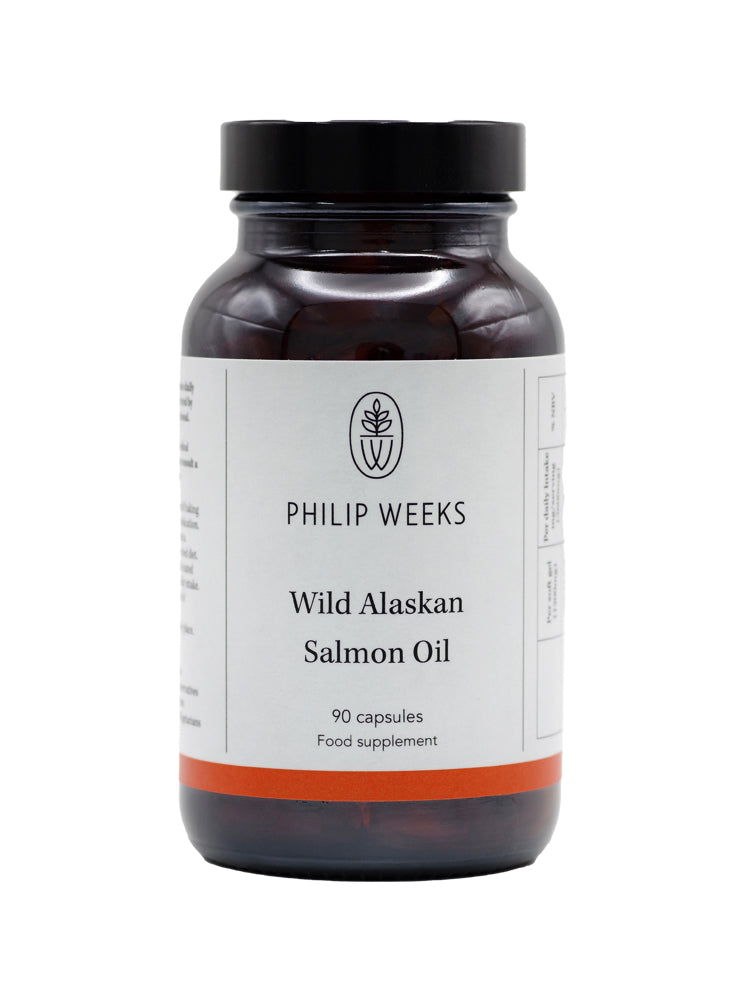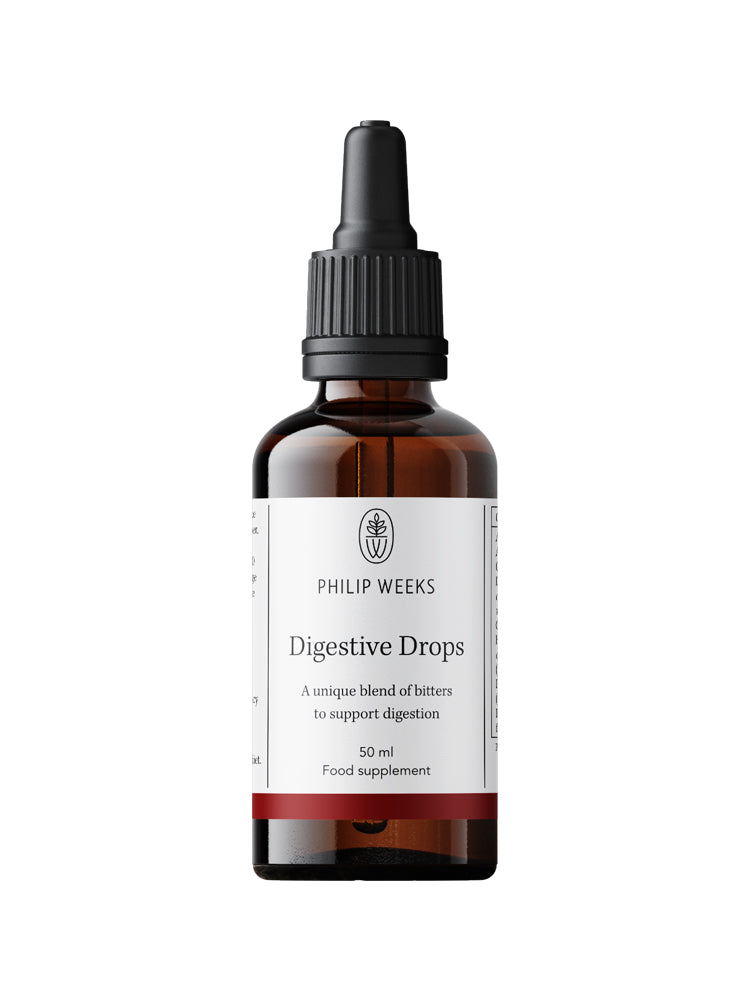In traditional Chinese medicine cold food and drinks are understood to be harmful to the body as they can weaken the digestive system and interfere with the body’s internal balance.
Chinese Medicine goes as far to say that the ingestion of cold foods reduces the metabolic function of the body contributing to weight gain and even reduced thyroid function.
In a medical text from China dating back to the 3rd century CE states
"Cold foods and drinks injure the spleen (pancreas) and stomach and create cold in the intestines. This leads to stagnation of food and water and impedes the smooth flow of qi and blood creating illness' (Shanghan Lun, Chapter 19).
Studies are starting to confirm what has been known in Chinese Medicine for thousands of years.
A study published in the International Journal of General Medicine in 2012 found that consuming cold drinks significantly reduced the activity of white blood cells in healthy adults. The study involved 12 healthy volunteers who drank either hot or cold water and had their white blood cell activity measured. The results showed that those who drank cold water had a significant decrease in their white blood cell activity compared to those who drank hot water.
An article published in the journal International Journal of Nutrition and Food Sciences in 2016 suggested that consuming cold foods and drinks can have negative effects on the immune system. The authors reviewed several studies and concluded that exposure to cold temperatures can suppress immune function and increase susceptibility to infections.
Cold foods: such as ice cream, smoothies, juice, cold sandwiches, iced coffee are considered to "douse the fire" of the digestive system, leading to a loss of digestive heat and energy. Ingestion of cold foods can constrict the blood flow to the digestive system resulting in reduced enzyme excretion resulting in more difficulty in breaking down food and extracting nutrients, leading to digestive imbalances and nutritional deficiencies over time. Common symptoms which are bloating, wind and fatigue after eating.
Infants and children often ingest a lot of cold food, in the form of juice, fruit, pureed foods, yoghurt and cold snacks. They often react to this by producing an endless supply of mucous and snot! This often changes when a lot of those foods are substituted for warmer foods, broths, porridge and casseroles and no juices.
Reduced immune function: Cold foods and drinks temporarily reduces the body's core temperature, although we are equipped to deal with some cold exposure on the outside of the body, this isn’t the same on the inside. SO it is seen that frequent ingestion of cold foods and drinks make us more susceptible to infections and illnesses.
Increased inflammation: Consuming cold foods and drinks may cause the blood vessels in the digestive system to constrict, which can increase inflammation and oxidative stress in the body.
Substituting cold for warm nourishing food
- Soups and broths are ideally eaten at the start of most meals.
- Instead of cold milk and cereal it is worth substituting it for warm porridge.
- If a salad is to be eaten, make sure it is eaten with a soup as well.
- Ice cream should only be an occasional treat.
- Never drink iced drinks or cold water, instead, warm water, or even better herbal teas.
References
Michels, K., Wipfli, J., Van Horn, M., et al. (2012). Effects of drinking hot and cold beverages on immune function: A randomized, crossover trial. International Journal of General Medicine, 5, 729-734. Repasky, E. C., Eng, L. J., & Tsung, D. R. (2001). Effects of environmental temperature on the immune system. Journal of Leukocyte Biology, 70(5), 761-767.

